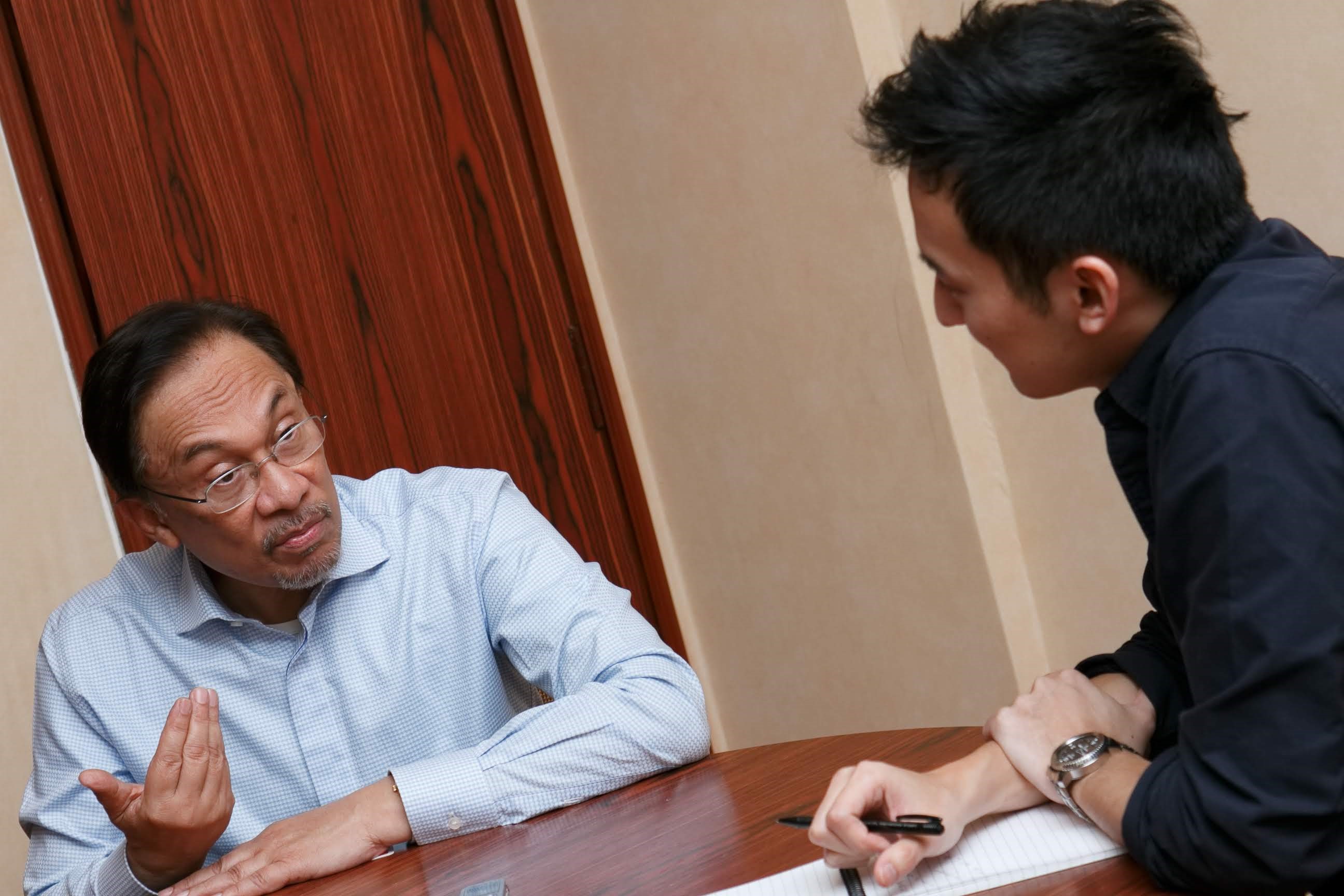In December 2019, Adrian Wan flew to India’s tech capital Bangalore and continued on an 80km ride to a rural village. Over a three-day Community Network Exchange Asia-Pacific meeting with community radio and network providers, he brainstormed for ways to set up infrastructure and connect the unconnected.
"There was no Internet in the village and I remember how uncomfortable that made me in the beginning,” recalls the Policy Advocacy Manager at the Internet Society and Lee Kuan Yew School of Public Policy (LKYSPP) alumnus.
A Champion for Greater Connectivity
Though the Internet may be seen to be a basic need today, half of the world’s population still lacks connectivity. A large part of Adrian’s work focuses on bridging this fast-growing digital divide. This has taken him to far-flung corners of the world such as Tonga.
Policy Avocady Manager, Internet Society
Internet
Another crucial component of his role involves keeping the Internet open, secure and trustworthy for the connected half of the world.
“All too often when the media and politicians talk about “the Internet”, they’re talking about the big tech companies, but the Internet is really far more than that. It is billions of connected computers delivering everything from music, to healthcare information, academic papers and shopping to people in every country,” he points out.
“Its success depends on its open architecture that has no central authority: you don’t need permission to join it or innovate using its building blocks. This architecture fosters a distinct global culture of collaboration with infinite opportunities for people to work together for the collective good. But this openness also makes it vulnerable to the pressures of government regulation and market centralisation. If these threats continue unchallenged, they could harm the Internet as we know it,” he explains.
Adrian dedicates his career to strengthening the Internet’s openness and connectivity for all. Indeed, with COVID-19 propelling the world into accelerated digitisation in 2020, this has never seemed more pertinent.
As a result of deglobalisation, physical isolation and social distancing, a secure Internet connection has become an absolutely crucial lifeline for information, sustenance, economic viability, as well as social and emotional support. It has enabled the world to pivot amidst widespread disruptions.

Adrian (third from left) was invited as a mentor to the Asia-Pacific Internet Governance Academy’s annual five-day capacity-development programme in Seoul, Korea, where he spoke about Internet standards.
Spearheading Important Changes
The Internet is for everyone. It’s not just our privilege to use it; it’s our responsibility to improve it, fulfilling the Internet’s potential as an instrument of opportunity. I’d like future generations in all corners of the world to be able to enjoy the life-changing resource.
Adrian’s work covers areas such as digital sovereignty, cross-border data flow, intermediary liability regulation, the open Internet, and securing the Internet’s foundational infrastructure. He mobilises partners and community members to advocate for policy changes, often taking work calls from Europe and the US till midnight, fuelled by coffee and conviction.
On behalf of the organisation, he has drafted policy positions about cross-border data flows in ASEAN and Internet of Things (IoT) security. From 2020 this year onwards, the 33-year-old will also lead global policy engagement and partnership for a multi-year project to advocate for an open, decentralised and global Internet, instead of versions that are centrally controlled or bound by national borders.
A former technology journalist, his editorial training ignited his passion for storytelling and honed his power of persuasion. In 2014, he broke an important story on the South China Morning Post (SCMP) about the missing MH370 aircraft via an interview with Malaysia’s opposition leader at that time, Anwar Ibrahim.

In 2014, Adrian interviewed Anwar Ibrahim, the opposition leader of Malaysia at the time, about the MH370 tragedy in Kuala Lumpur and broke the story on SCMP. Photo credit: SCMP
Adrian credits his Master in Public Policy at LKYSPP for preparing him for these challenges. “The programme’s emphasis on practical, hands-on training meant skills I learnt could be readily applied in work settings. I took advantage of the opportunities to intern at the Asia-Pacific Economic Cooperation (APEC) on a Google Policy Fellowship and another internship at Microsoft,” he adds.
Dedicated to passing on the torch, Adrian participated as a moderator for a “Tech and Business” networking event organised by LKYSPP Career Services in 2019, and is also nurturing the next generation of thinkers via the LKYSPP-Advisory Alumni Mentorship Programme. His desire to address big important issues head-on remains a key driving force for his career today. “The Internet is for everyone. It’s not just our privilege to use it; it’s our responsibility to improve it, fulfilling the Internet’s potential as an instrument of opportunity. I’d like future generations in all corners of the world to be able to enjoy this life-changing resource,” he stresses.